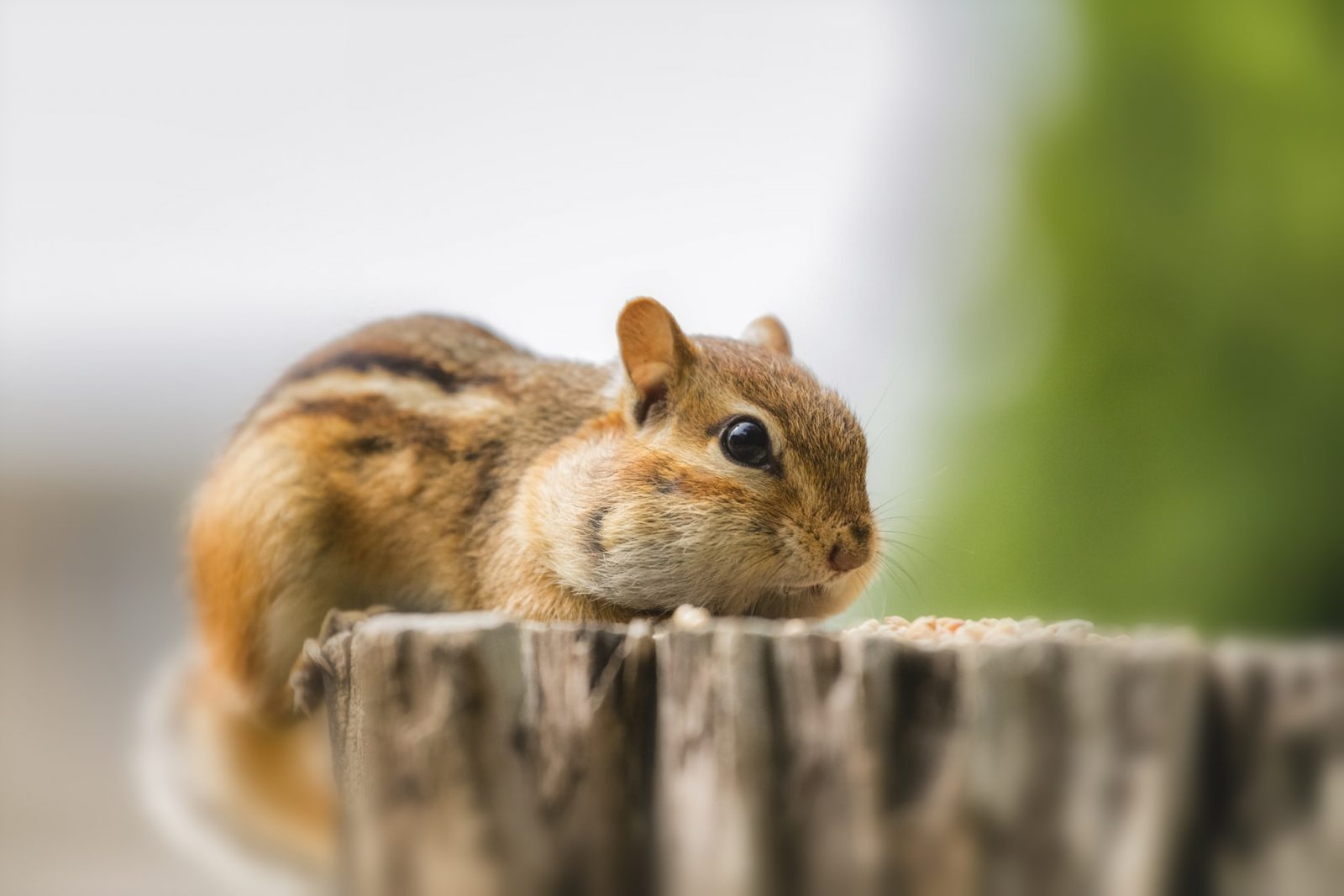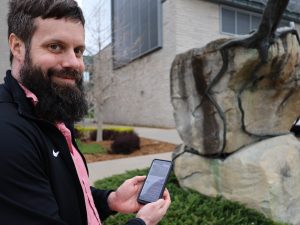A new website co-developed by Kendra Coulter invites young children to learn about their animal neighbours and the work they do.
Animal Neighbours encourages children aged four to eight, or “little travelers,” to look and listen in their urban or rural environment to observe common Ontario wildlife and learn more about the animals’ lives. There are pre-planned activities, profiles of a few of the most common animals and the chance for kids to earn an expert certificate.
For busy caregivers with young children who want to enjoy the warm weather while maintaining physical distance, the site’s launch will provide a welcome focus.
“The goal is to feed many birds with one fruit,” says Coulter, Associate Professor and Chair of the Department of Labour Studies. “We want to help parents, inspire kids’ learning and foster empathy, curiosity and respect.”
Coulter co-created the site with John Drew, a PhD candidate and award-winning researcher from Western University. She and Drew also recently wrote about easy steps Ontarians can take to keep local wildlife safe this spring for TVO.
Coulter notes that the site is designed to be accessible to families of all kinds in communities of all sizes, adding that “this is particularly significant in the context of last week’s inaugural Black Birders Week, a social media-driven campaign launched by Black birders in the United States to highlight diverse naturalists and researchers, and talk about racism and inclusion.”
The website is also the latest outcome of Coulter’s path-making research on animal labour — work that has had an international impact and challenges narrow ideas about labour.
Coulter, who is also a fellow of the Oxford Centre for Animal Ethics and holds the Chancellor’s Chair for Research Excellence, has developed a new scholarly vocabulary that includes recognizing animals’ own forms of care and subsistence work, and how wild animals’ labour not only ensures the survival of their own species but also contributes to the health of ecosystems.
“Unless they’ve taken our Animals at Work class in the Department of Labour Studies, many adults don’t automatically recognize wild animals’ work as work,” Coulter says. “I think both children and adults will learn things about their animal neighbours and hopefully think differently about animals everywhere.”
Coulter hopes the site and its learning journeys will inspire diverse children to learn more about their animal neighbours, and also to think about educational paths and careers which help animals.
“Never has it been clearer that we are all connected, and that how we treat animals has very significant implications for other species and for our own,” she says.










